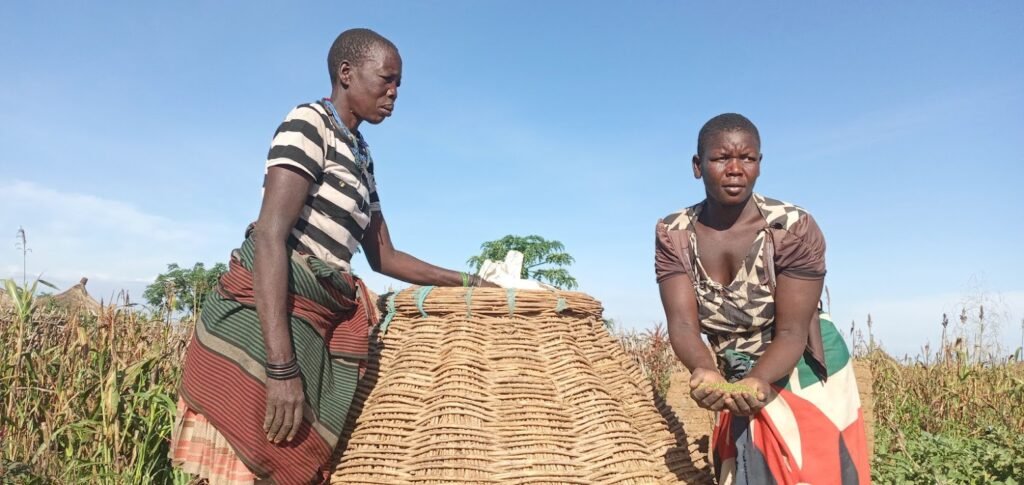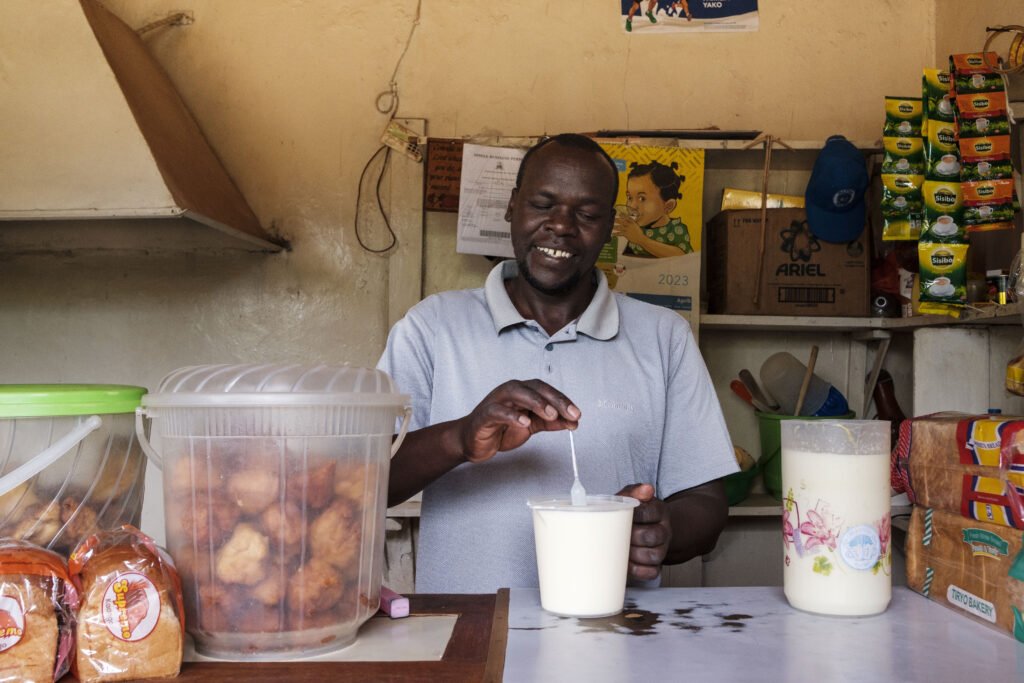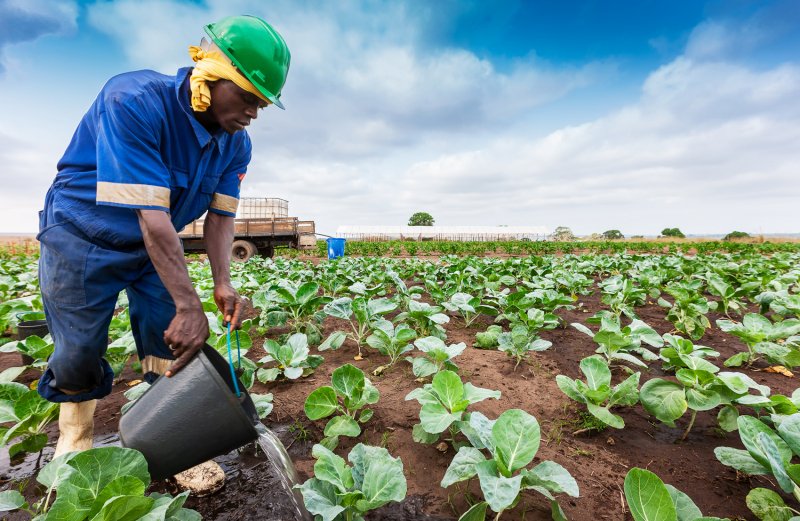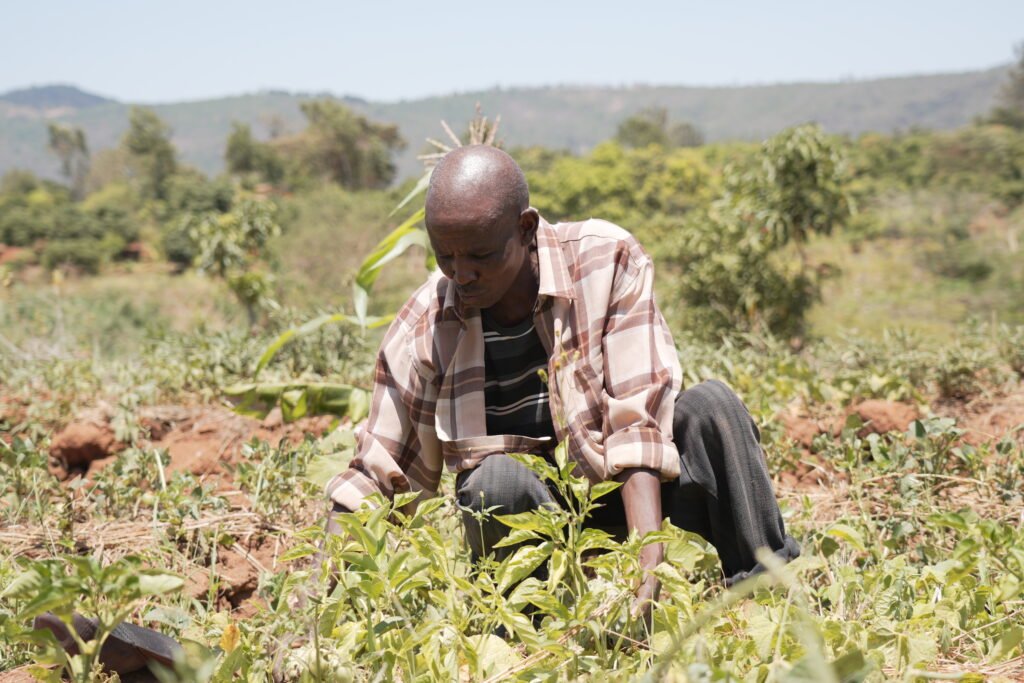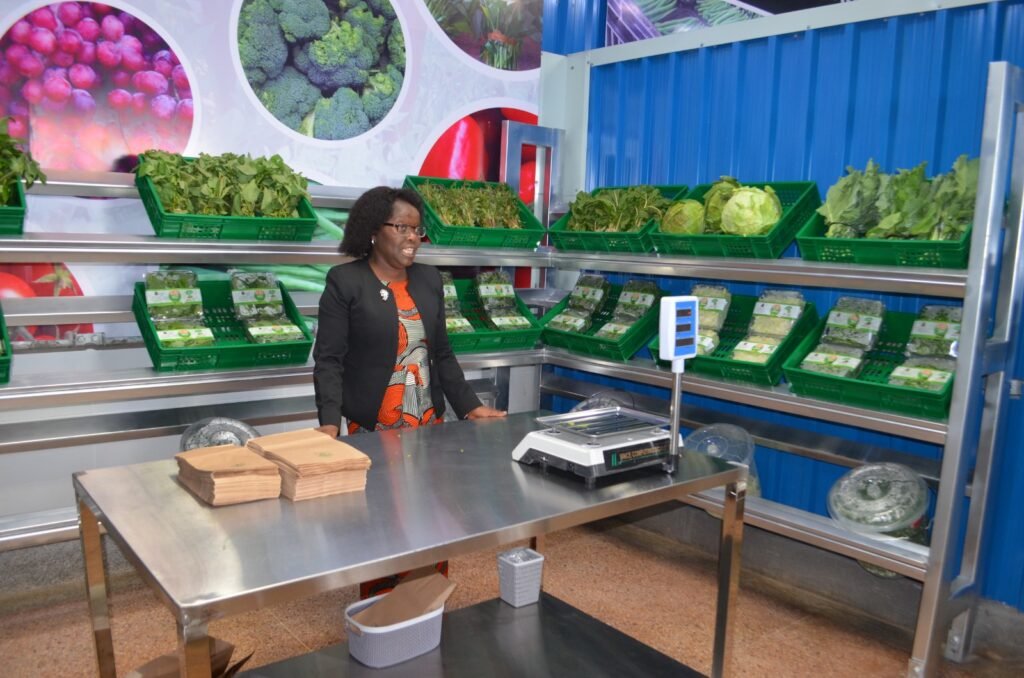The African Union (AU) member states on January 13 this year adopted the Kampala Declaration, a strategy and action plan that seeks to transform the continent’s food systems and ensure food security in the next 10 years. The document discussed and endorsed at a heads of state summit in Uganda’s capital, Kampala replaces the 2014 Malabo Declaration, which has guided the continent’s agriculture and food security agenda over the past decade.
It seeks to, among others, increase the agrifood input by 45 percent, reduce postharvest loss by 50 percent, triple intra- African trade in agrifood products and inputs, and raise the share of locally processed food to 35 percent of agrifood GDP by 2035. Given that some of these targets are similar to those set under the outgoing strategy, the obvious question many people will be asking is: Will Kampala succeed where Malabo failed?
The answer to this question might come down to whether you look at the glass as half-empty or half-full. We at PanAfrican Agriculture magazine are leaning towards the latter. Granted, the report of the fourth biennial review of the implementation of the agriculture transformation agenda indicates that no country was on track to meet all the seven Malabo commitments by 2025.
But the same report also noted significant progress, with 26 countries having seen their scores improve since the previous cycle. And, of course, a fair assessment of the performance on the Malabo Declaration goals cannot be complete without considering the impact of the unforeseen shocks such as the Covid-19 pandemic and the Russia-Ukraine war.
A major lesson from the past decade for AU member states, as they embark on implementing the Kampala Declaration commitments, is that they need to take the calls to innovate, build resilience in their agri-food systems and conduct regular implementation reviews seriously. In this edition, we have put together a Special Report focusing on the hits and misses in the implementation of the Malabo commitments and the various innovations it has inspired on the continent.
We bring you, among others, the stories of a public-private partnership initiative that is turning Tanzania into an African rice production giant, a Kenyan horticulture professor promoting low-cost cold storage solutions to cut postharvest losses among smallholders and a group of farmers making use of forestry and agricultural waste to grow mushrooms in Cameroon.
Enjoy!



